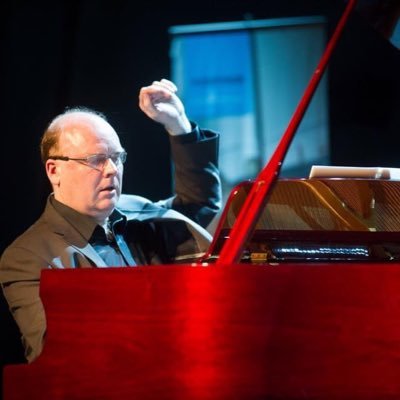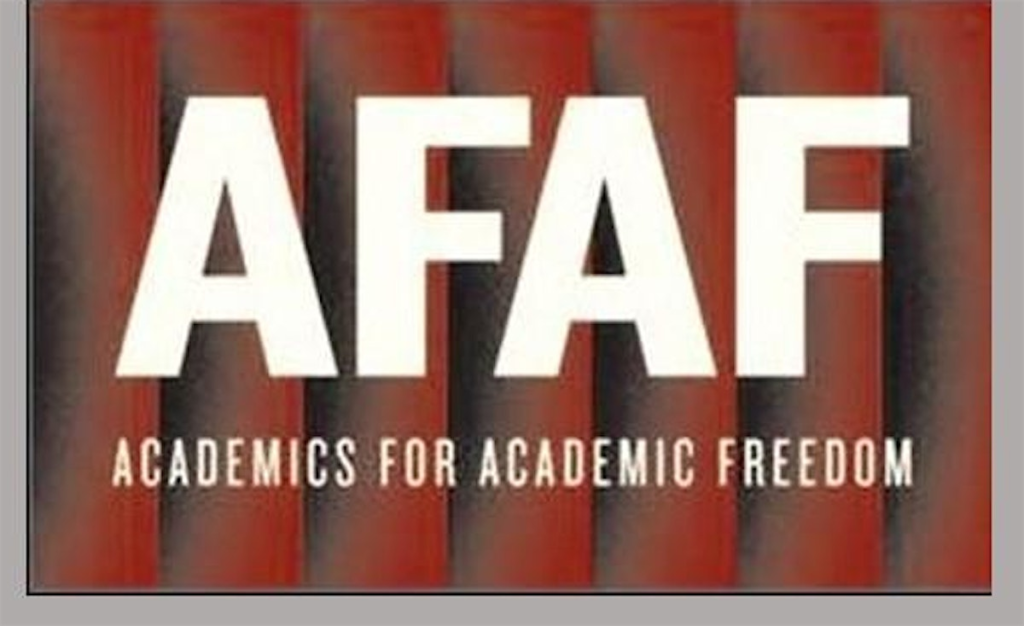
The movement to “decolonise the curriculum” has recently been prominent in music, in particular music education in the Western classical tradition. Documents obtained through Freedom of Information requests revealed proposals by a small number of academics at Oxford University to present “white European music from the slave period” as a “colonialist representational system”. Some have also questioned the teaching of Western notation.
It is already the case that Western classical music has an ever-decreasing role in British degree courses. Fewer than 20 per cent of music students are enrolled on degree courses in which academic study of the classical tradition plays a significant role — the majority of whom now take more vocationally-oriented courses, such as music technology, musical theatre or popular music, equally important but of a different nature.
The virulence of the decolonisers’ rhetoric demonstrates that some in universities still think this is too much and will be satisfied only when such a huge and heterogeneous tradition becomes a wholly marginal force.
Even in conservatoires this has helped create many unhappy and unfriendly environments for those still drawn to the study of classical music, music in history, or other approaches associated with the humanities.
Furthermore, the centres of colonisation and of classical music production have historically been far from synonymous, demonstrating that this movement has little to do with colonialism and much to do with kneejerk anti-Western hatred.
To defend classical music, it is essential to understand it is of universal value rather than an imposition by white supremacists. If we do not make that case against the decolonisers classical music may have no future.
Speaker: Professor Ian Pace
Ian Pace is a distinguished pianist, and professor of music culture and society, at City St George’s University. He is a convenor the City and St George’s AFAF Branch and is the Secretary of the London Universities’ Council for Academic Freedom.
Chair: Dr Vanessa Pupavac
Vanessa Pupavac has begun a new career as a translator. She was previously an Associate Professor in International Relations at the University of Nottingham. She is a convenor of the Nottingham Universities AFAF Branch.
Date, Time and Venue: Thursday 25 September at 19.00, in the Brunswick Inn, Derby.
Tickets: £3, plus fee, on Eventbrite.

This Salon is a Battle of Ideas Satellite.
Sponsored by AFAF:

(Photo Credit: Julia Vash, of Ian Pace, Kiev, 2015)